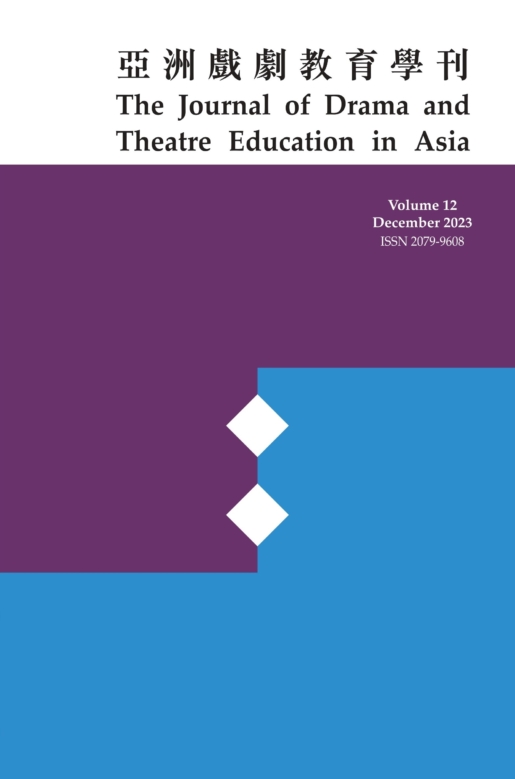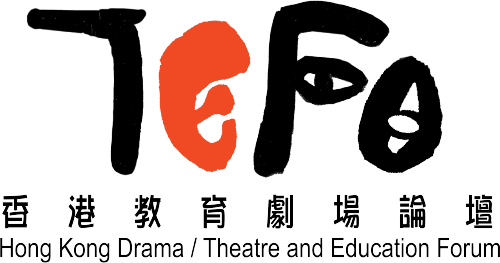| Author | 王笑迪 Cleo Xiao-di Wang |
| xiaodi.wang@warwickgrad.net | |
| Affiliation | The Art Drama Research and Development Centre, Beijing |
| Article Language | Chinese |
APA Citation
Wang, C.X.. (2018). The use of drama pedagogy in teaching Chinese landscape poetry. The Journal of Drama and Theatre Education in Asia, 8, 97-112.
Abstract
Today, the younger generation in mainland China is losing interest in studying classical Chinese, especially classical Chinese poetry. This article is trying to explore the possibility of introducing classical Chinese poetry through educational drama, an approach different from the mainstream pedagogy used in most Chinese schools. By analysing a particular drama lesson series, this article discusses the meaning and practicability of the drama pedagogy. The theoretical framework of this research is built upon Johan Huizinga’s theory on play, writings of Chia-ying Yeh on “Potential Effect” (2008a) and reception aesthetics (Iser, 1978). The research chooses the great T’ang poet Wang Wei’s landscape poems as teaching texts. The teaching is informed by professional T’ang poetry study (Iritani, 2005; Yeh, 2008b; Owen, 1981), and the drama design is influenced by the theories and practices of the use of drama in language learning, especially on poetry teaching (Fleming, 2017; Winston, 2004). Drawing from the study of Chinese landscape painting and the art of Chinese garden, this project also tries to engage students to do poetry writing on similar themes through a series of drama exercises.
Tags:








